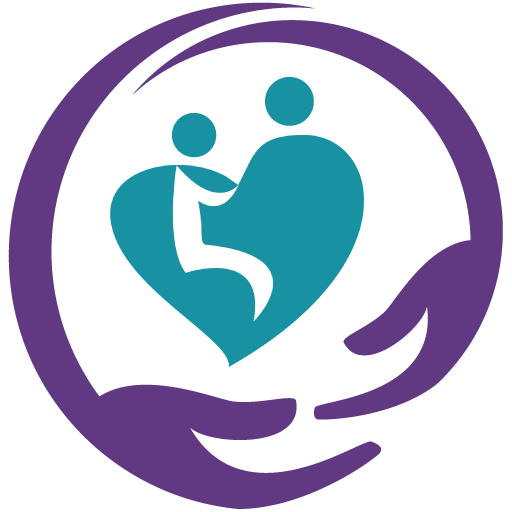National Special Victims (NSV) is a 501(c)3 non-profit organization that provides resources and support to victims of crime who may not otherwise receive services.
Victims who fall outside traditional victim categories
All donations are recognized by the IRS as generally tax-deductible.
People experiencing homelessness are often victims of violence, crime, and other forms of trauma. They are more likely to be victims of physical assault, sexual assault, and robbery than the general population. They are also more likely to be the victims of hate crimes.
There are a number of reasons why people experiencing homelessness are more likely to be victims of violence. First, they are often living in dangerous areas, such as on the streets or in shelters. Second, they may be carrying valuables, such as money or identification, which make them targets for crime. Third, they may be seen as easy targets because they are often seen as being less likely to report crimes.
The violence and trauma that people experiencing homelessness experience can have a profound impact on their lives. They may suffer from post-traumatic stress disorder (PTSD), anxiety, and depression. They may also have difficulty trusting others and feeling safe.
I was trapped. No shelter would take me. I was homeless.

How many are Victimized?
Here are some specific examples of how people experiencing homelessness are victims:
- A study by the National Healthcare for the Homeless Council found that nearly half of people experiencing homelessness reported experiencing violence.
- A study by the National Coalition for the Homeless found that people experiencing homelessness are 10 times more likely to be murdered than housed people.
- A study by the Urban Institute found that people experiencing homelessness are more likely to be victims of sexual assault than housed women.
NSV is a valuable resource for victims who may not otherwise receive services. If you or someone you know is a victim and experiencing homelessness, please refer them to this website or call our hotline for more information (888) 805-0122.
It is important to remember that people experiencing homelessness are victims, not criminals. They are not to blame for the violence and trauma that they experience. We need to do more to protect them and to help them get the help they need to heal.
Here are some additional ways that people experiencing homelessness are victims:
- They are more likely to be arrested and incarcerated than the general population.
- They are less likely to have access to healthcare, education, and employment opportunities.
- They are more likely to suffer from mental health and substance abuse problems.
- They are more likely to die prematurely.
These are just a few examples of the many ways that people experiencing homelessness are victims. It is important to remember that these people are not criminals, but rather victims of a system that has failed them. We need to do more to help them break the cycle of violence and victimization and to get the resources they need to rebuild their lives.
There are a few reasons why someone might not be able to enter a shelter.
These reasons can vary depending on the specific shelter, but some common reasons include:
- The shelter is full. This is the most common reason why someone might not be able to enter a shelter. Shelters have limited capacity, and they often reach capacity during the winter months or when there is a high incidence of homelessness in the community.
- The shelter does not have the resources to accommodate the person’s needs. Some shelters only have space for women and children, while others may also accommodate men or transgender individuals. Some shelters also have specific rules about pets or substance abuse, and they may not be able to accommodate people who do not meet these requirements.
- The person does not meet the shelter’s eligibility criteria. Some shelters have specific eligibility criteria, such as requiring that the person be sober or that they are actively working.
- The person cannot leave their tribe or group. Far too often, people who have found themselves on the streets have created strong bonds with other individuals. Protection, sharing resources or other mutual aid are the primary reasons, however, most shelters nationally do NOT allow groups to stay together if they are not legally obligated, such as with a couple with children. NSV recognizes that systems need to be different to use the strengths that people have in groups, rather than force them to choose between safety in numbers and a bed.
If you are unable to enter a shelter, there are other resources available to you.
NSV provides the safety that may be unavailable locally!

